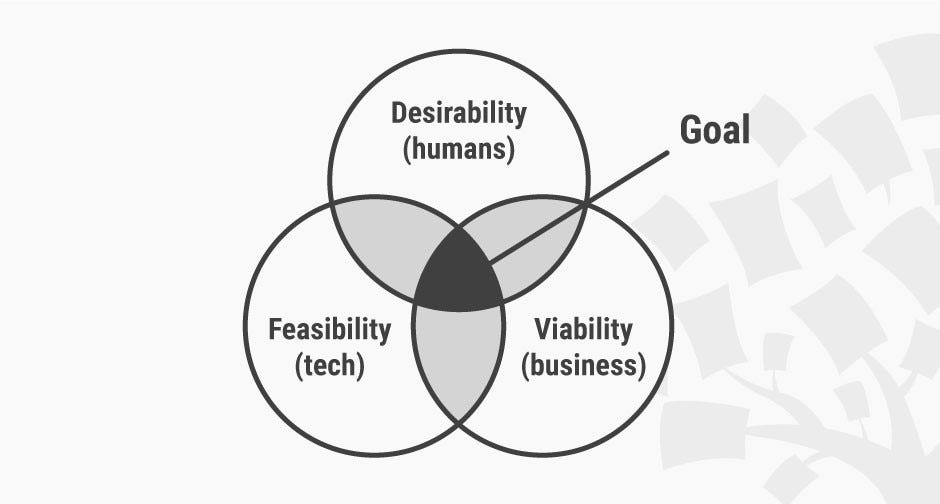Hi there! In this article, I will be writing about my 3rd-year internship experience and what I’ve learnt from it.
Let me start from the beginning of my 3rd year, which is probably the first time you make a resume, start thinking about how to answer questions like “Introduce yourselves” in an interview, and surf through various competitive coding assessment platforms like Geeksforgeeks, InterviewBit etc. Just like everybody else, I had also started coding in the summer of 2019. Data Structures and Algorithms, Object-Oriented Programming etc. Apart from mainstream coding, I also was into full-stack development and learnt a bunch of backend technologies like Django, Node.js. I had my troubles with the whole front-end development and the design. I was fairly comfortable with handling databases and APIs.
So with such a profile, I tried to get an SDE internship during the campus internship process. And fast forward two months after the internship session began, I was shortlisted for only one company which was offering an internship in a cloud computing role. I made it only till the interview round. That gave me a good confidence boost, but it seriously made me rethink where my interests lie. I tried to look back on different kinds of activities I was part of and the PORs I held on campus.
It took me some time to realise that I have a genuine fascination with the idea of a product or service, and everything that happens around it — starting from the concept of the product, designing it, finding its desirability, discovering customers, finding the product’s market fit, developing the product, to launching the product and then reiterating the entire circle from the feedback you get! I realised that product or software development was just a part of the bigger picture and that’s what I’m interested in. I started going through various online resources and doing product management courses on Coursera to get a basic idea. And so, I started looking for product management interns off-campus. And luckily I got an opportunity for a 4-month product internship at Mithi Software Technologies, through a friend’s referral.
So, my work during the internship was to identify various use-cases and make automated workflow integrations between their already existing app, Ideolve, which is a note-based team collaboration platform (similar to slack, Trello), and other applications, using Zapier. My first task was to make a workflow between Ideolve and Gmail. Whenever the user gets a new mail on Gmail, it automatically triggers the creation of a new note with the contents of the mail on Ideolve. The working of this would pretty much remove the purpose of having to open Gmail every time and keep having the mails show up on Ideolve. Zapier is a platform that enables such automated workflows between applications. So using Zapier, I was supposed to make many such workflows.
The technical side of my work included analysing the developments needed for the Ideolve API to be able to perform the workflows and query the data without any alteration. This required me to be in constant touch with my mentor and discuss the new changes needed within the Ideolve application and its API.
The non-technical side of my work involved assessing the desirability and viability of these workflows, which demands a lot of research and most importantly requires one to think from the position of an end-user.
There were multiple online meetings and demos with the CTO and my mentor, and with each session, I was asked to fine-tune the workflows for efficient data transfer. After 15 weeks, the final meeting was held with the company stakeholders to decide the launching of the integration. I gave the demo and ran them through the steps an end-user would be taking while using the integration. They liked it and discussed a bunch of marketing ideas for the integration right then and planned to launch it soon.
Although, my internship wasn’t fully a product management one. It was more engineer-facing with less abstraction, which is a small part of the massive domain which a role like product management covers.
A product manager, however, covers all the activities involved in bringing the product out and acts as a bridge between the design team, development team, consulting and support team, sales and marketing team, and the finance team.

A product manager is fundamentally responsible for giving the right inputs about the product - what makes the product solve a customer’s problem, and achieving the sweet spot of desirability, feasibility and viability. This internship did teach me some pretty exciting things about a product and the working of a company.
I’m sitting for the product management role in the placement season this semester. We’ll see how that turns out!
Thank you!